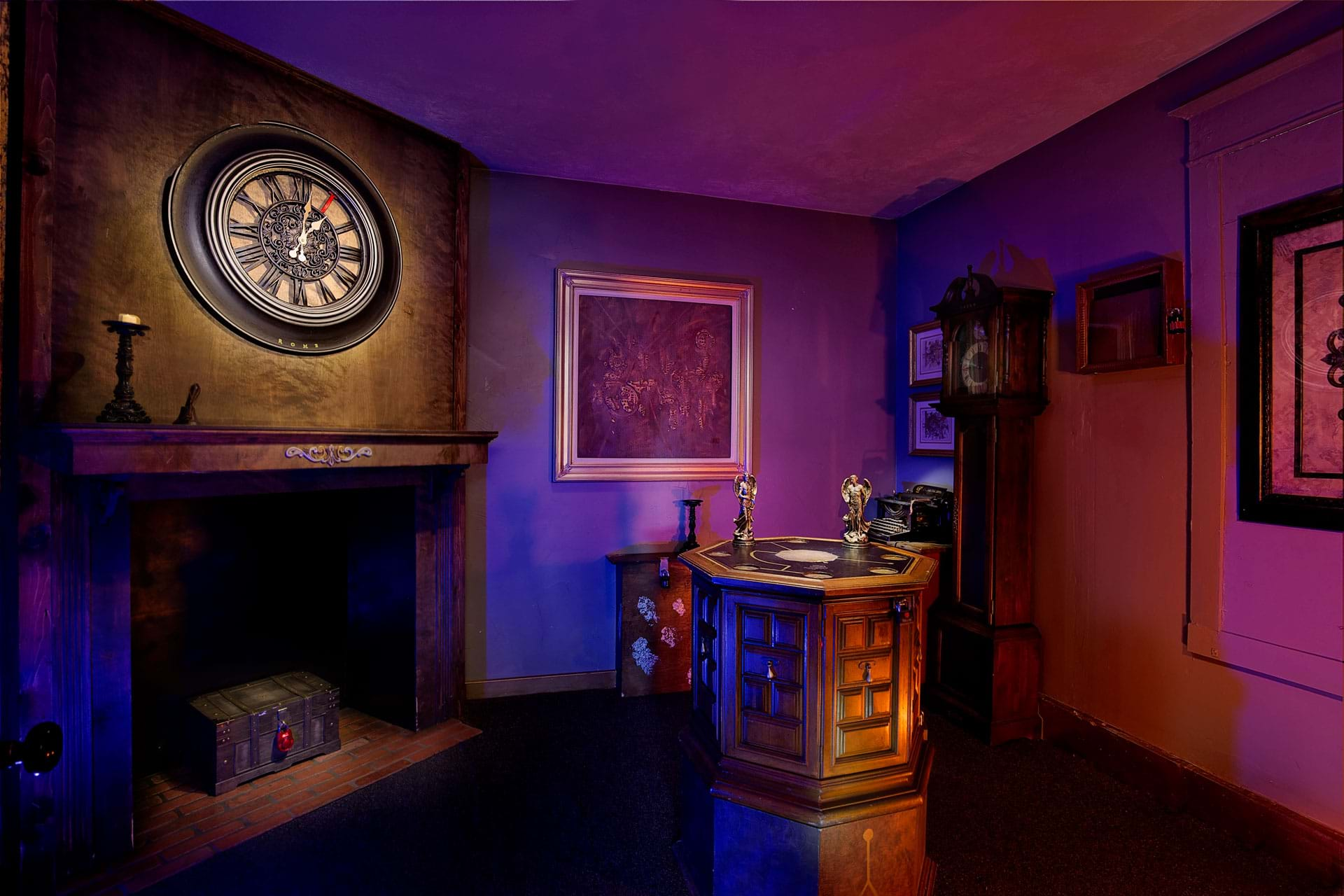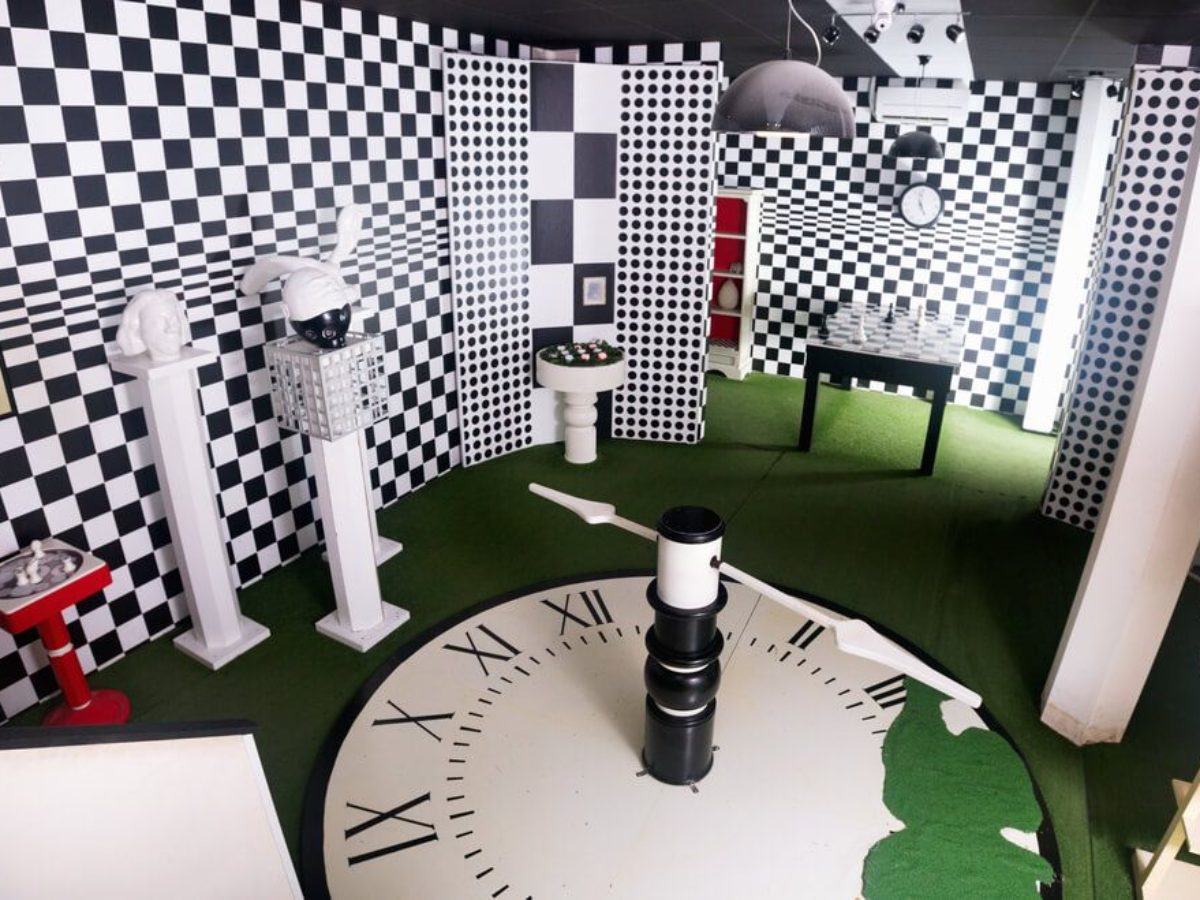Fun and Testing Escape Room-- Strategy Your Following Journey
Fun and Testing Escape Room-- Strategy Your Following Journey
Blog Article
Group Approaches: Exactly How to Collaborate Effectively in a Retreat Area
Teams need to proactively listen to each participant's insights, appoint roles that line up with individual strengths, and maintain regular check-ins to ensure focus and prevent redundancy. By fostering an atmosphere that values cohesion and versatility, teams can substantially enhance their performance and success prices.
Establish Clear Communication

To promote clear communication, it is crucial to assign a main factor of contact for info circulation. Brief, focused updates from each team participant can maintain the group notified without frustrating them with details.

Assign Duties Tactically
While clear communication establishes the foundation for reliable team effort, assigning functions strategically makes certain that each staff member's staminas are made use of successfully. In an escape space scenario, the time-sensitive and complicated nature of challenges requires a well-organized technique to task delegation. By determining and leveraging specific proficiencies, groups can optimize their analytic capabilities and improve total performance.
A person with an eager eye for information could excel in finding covert items, while a rational thinker might be much better matched to solving puzzles. This role frequently needs strong organizational and interpersonal skills.
Second, guarantee that roles are flexible and adaptable. As new challenges arise, the group has to have the ability to pivot, reapportioning jobs as needed. This versatility assists preserve momentum and avoids bottlenecks that could take place as a result of inflexible function tasks.
Eventually, a calculated method to role assignment not just optimizes the toughness of each employee but also cultivates a cohesive environment, driving the team in the direction of an effective escape.
Use Diverse Abilities
Recognizing and taking advantage of the diverse abilities within your team can significantly raise your best escape room performance in a getaway room. Each employee brings one-of-a-kind staminas to the table, and properly leveraging these abilities can expedite analytic and enhance general efficiency. A team participant with solid analytical skills may succeed at analyzing intricate codes or patterns, while another with keen empirical capacities may rapidly identify surprise clues that others may forget.
Motivate group members to voice their insights and ideas quickly, guaranteeing that all prospective services are considered. Additionally, assigning jobs that straighten with each participant's staminas can stop bottlenecks and guarantee that progress is continuous.
Moreover, variety in abilities typically equates to diversity in thinking designs, which is very useful in a retreat space setting. While some challenges might need rational reasoning and accuracy, others may gain from creative and side thinking. By identifying and leveraging this variety, teams can address a more comprehensive variety of challenges better, thus increasing their opportunities of an effective escape.
Manage Time Properly

First, assign initial minutes for a fast study of the area. Recognize noticeable challenges and split tasks based upon staff member' staminas, guaranteeing that nobody is idle. Establish inner time checkpoints to examine development regularly; as an example, aim to have half the problems addressed by the mid-point of the video game. This practice can help maintain the group focused and prevent time from escaping undetected.
Furthermore, avoid one-track mind. If a challenge is taking too long, revolve team participants or go on to another obstacle, returning later with fresh viewpoints. Communication is extremely important-- keep everyone upgraded on solved problems and remaining tasks to stay clear of redundant efforts.
Lastly, utilize any type of hints or ideas moderately yet you could try here purposefully - best escape room. Recognizing when to request for aid can conserve beneficial time. By adhering to these time management concepts, groups can dramatically improve their possibilities of a successful and satisfying escape space experience
Debrief and Mirror
Reflection is an essential element of group development and enhancement in the context Bonuses of retreat rooms. When the obstacle is completed, whether effectively or otherwise, it is crucial for the team to participate in an organized debriefing session. This process enables employee to analyze their performance, determine toughness, and pinpoint areas for enhancement.
Start the debrief by reviewing what went well. Highlight particular instances of efficient interaction, analytic, and collaboration. Acknowledging these positive habits enhances them and urges their repetition in future challenges.
Next, deal with the challenges ran into. Review minutes of complication, miscommunication, or ineffective strategies. Encourage an open and positive dialogue where team members can share their point of views without concern of objection. This cultivates a society of constant enhancement and discovering.
Verdict
In verdict, successful cooperation in a getaway area is asserted upon clear interaction, calculated role tasks, the effective use of diverse abilities, and competent time management. By producing a natural and adaptive group environment, the chance of effectively addressing puzzles and attaining the objective of getting away the area is considerably boosted.
Report this page